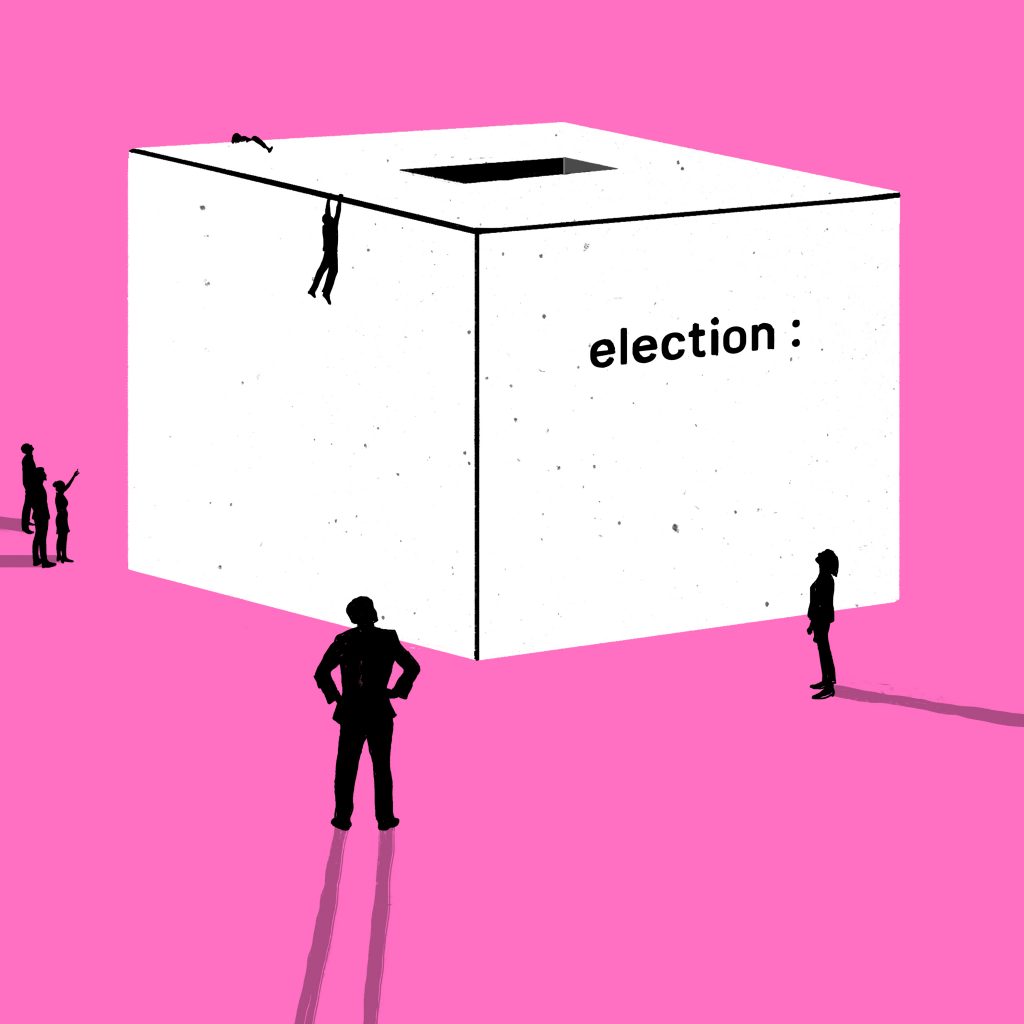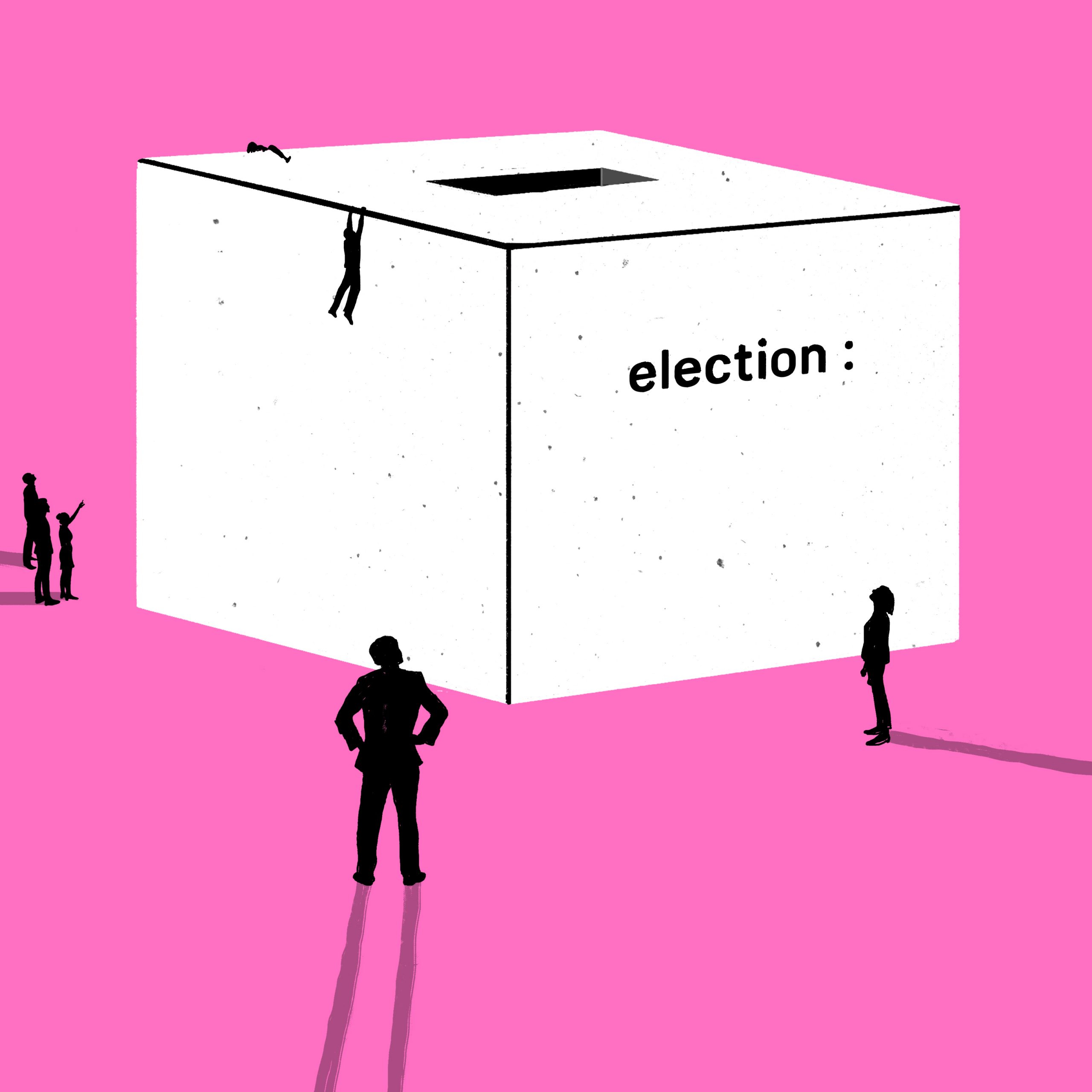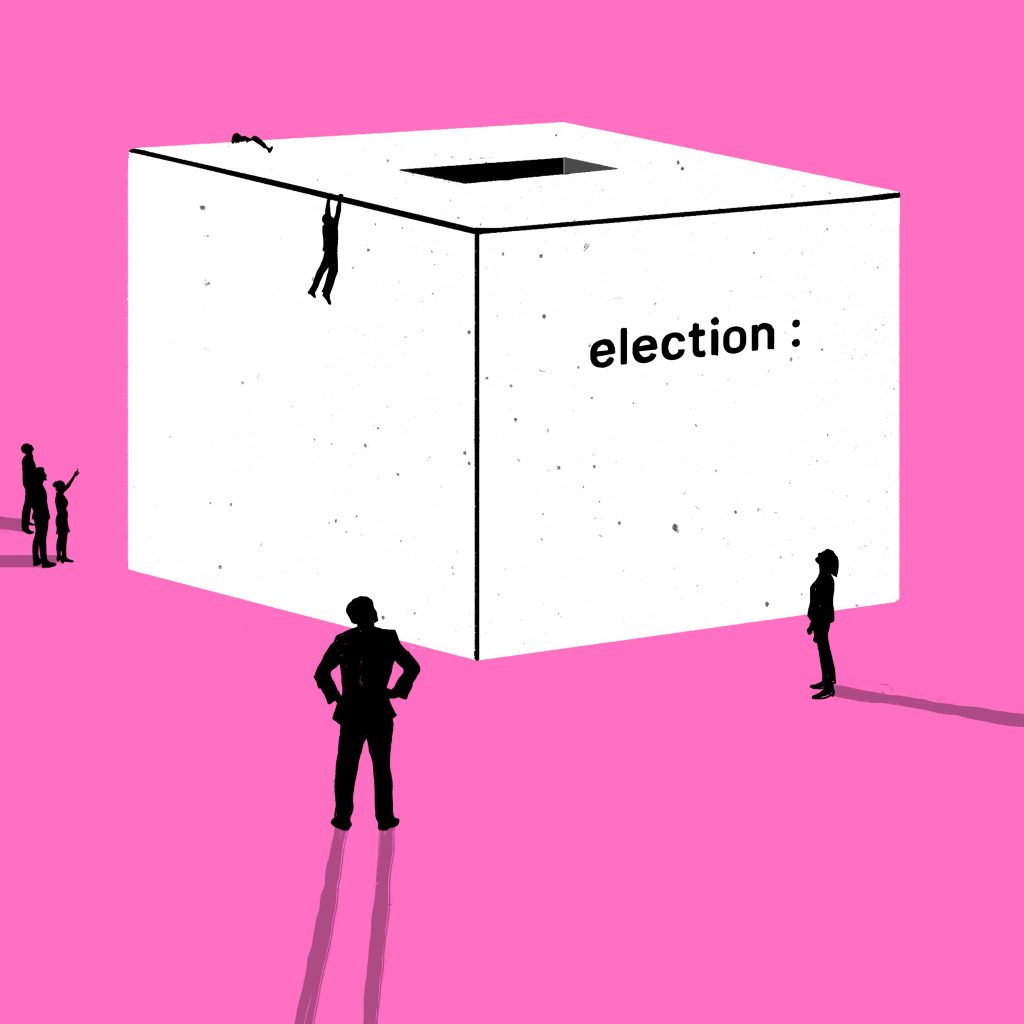
In 1998, the Green Party in Germany ran an election campaign with the slogan “New majorities only with us.” But what kind of majorities can elections create? I might be asking the obvious, given that elections are decided by majority votes channeled through an elaborate system of representatives. The elections in Germany in 1998 provide a case to complicate this notion of political and consequently national majority, because the Green Party and the Social Democratic Party of Germany (SPD) campaigned by centering social justice and by addressing the politically marginalized and ethnic minority segments of the populace, specifically German-Turks. A new political majority was constituted in 1998, and old convictions of an ethnically homogeneous nation were challenged through several statements, policies, and ultimately legal reforms. The figure of the foreigner (Ausländer) was deployed productively by all parties and ultimately facilitated the shift into a new national self-conception within a neoliberal Europe. In fact, I think, more than “new majorities,” a new minority emerged in the years after the 1998 elections—a Muslim minority. And for this minority to emerge and remain productive for political purposes, a longer history of migration built on the logic of return had to be undone.
How so? Let me explain through a personal-political account of ever-shifting Turkish life in Germany.



